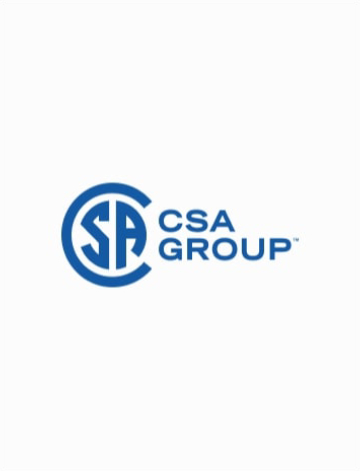CSA Preface
Standards development within the Information Technology sector is harmonized with international standards development. Through the CSA Technical Committee on Information Technology (TCIT), Canadians serve as the Canadian Advisory Committee (CAC) on ISO/IEC Joint Technical Committee 1 on Information Technology (ISO/IEC JTC1) for the Standards Council of Canada (SCC), the ISO member body for Canada and sponsor of the Canadian National Committee of the IEC. Also, as a member of the International Telecommunication Union (ITU), Canada participates in the International Telegraph and Telephone Consultative Committee (ITU-T).
At the time of publication, ISO/IEC 19502:2005 is available from ISO and IEC in English only. CSA will publish the French version when it becomes available from ISO and IEC.
This International Standard was reviewed by the CSA TCIT under the jurisdiction of the Strategic Steering Committee on Information Technology and deemed acceptable for use in Canada. (A committee membership list is available on request from the CSA Project Manager.) From time to time, ISO/IEC may publish addenda, corrigenda, etc. The CSA TCIT will review these documents for approval and publication. For a listing, refer to the CSA Information Products catalogue or CSA Info Update or contact a CSA Sales representative. This Standard has been formally approved, without modification, by the Technical Committee and has been approved as a National Standard of Canada by the Standards Council of Canada.
Scope
This International Standard specifies the following:
a. An abstract language for specifying, constructing, and managing technology neutral metamodels: A metamodel is in effect an abstract language for some kind of metadata.
b. A framework for implementing repositories & integration frameworks (e.g., tool integration frameworks) that hold metadata (e.g., models) described by the metamodels and which uses standard technology mappings to transform MOF metamodels into metadata APIs.
This International Standard also provides the following:
a. A formal definition of the MOF meta-metamodel; that is, the abstract language for specifying MOF metamodels.
b. A mapping from arbitrary MOF metamodels to CORBA IDL that produces IDL interfaces for managing any kind of
metadata.
c. A set of reflective CORBA IDL interfaces for managing metadata independent of the metamodel.
d. A set of CORBA IDL interfaces for representing and managing MOF metamodels.
e. An XMI format for MOF metamodel interchange (OMG XMI Specification).


